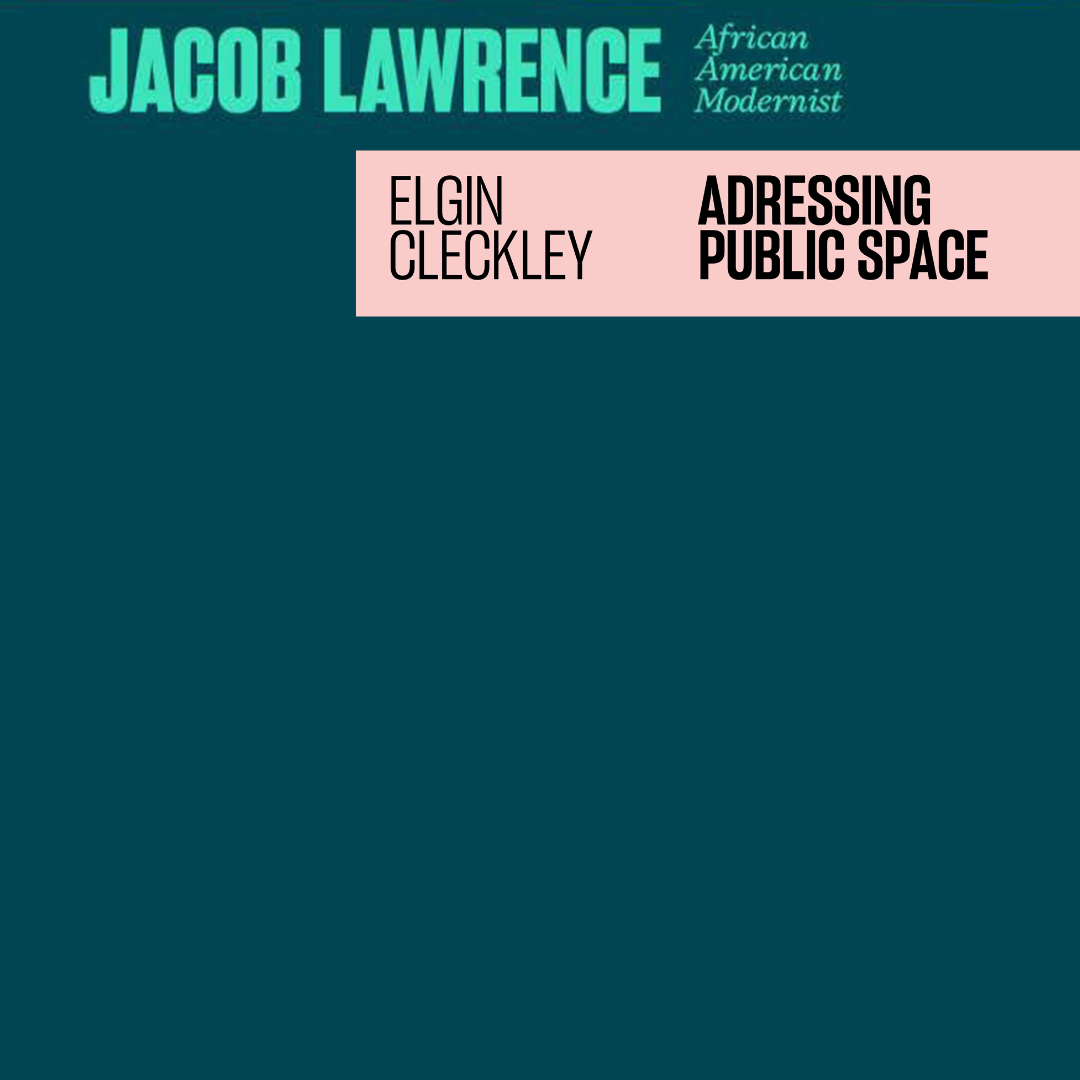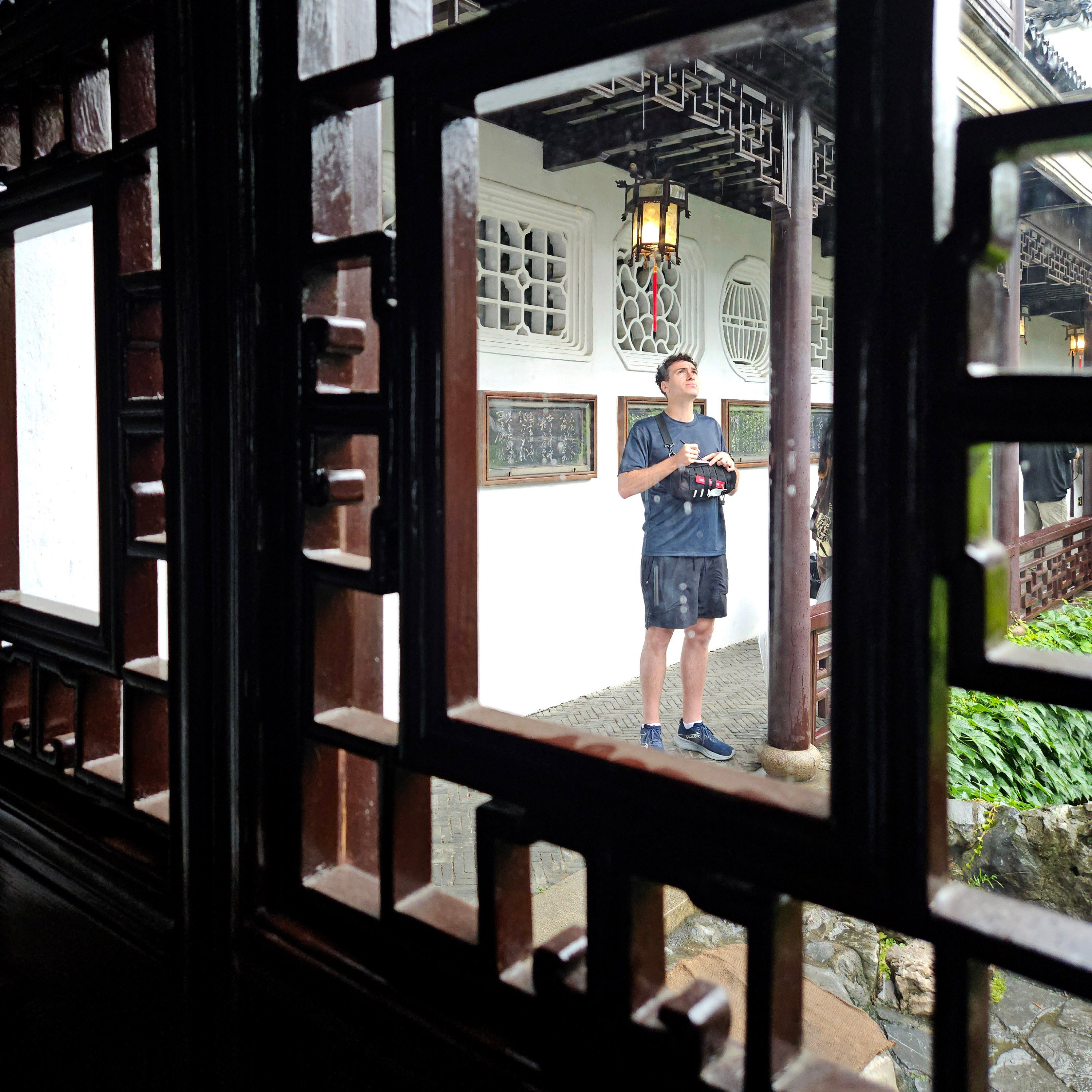
THE A-SCHOOL TAKES ON FOOD INSECURITY AT HOME AND IN PARTNERSHIP WITH CULTIVATE CHARLOTTESVILLE
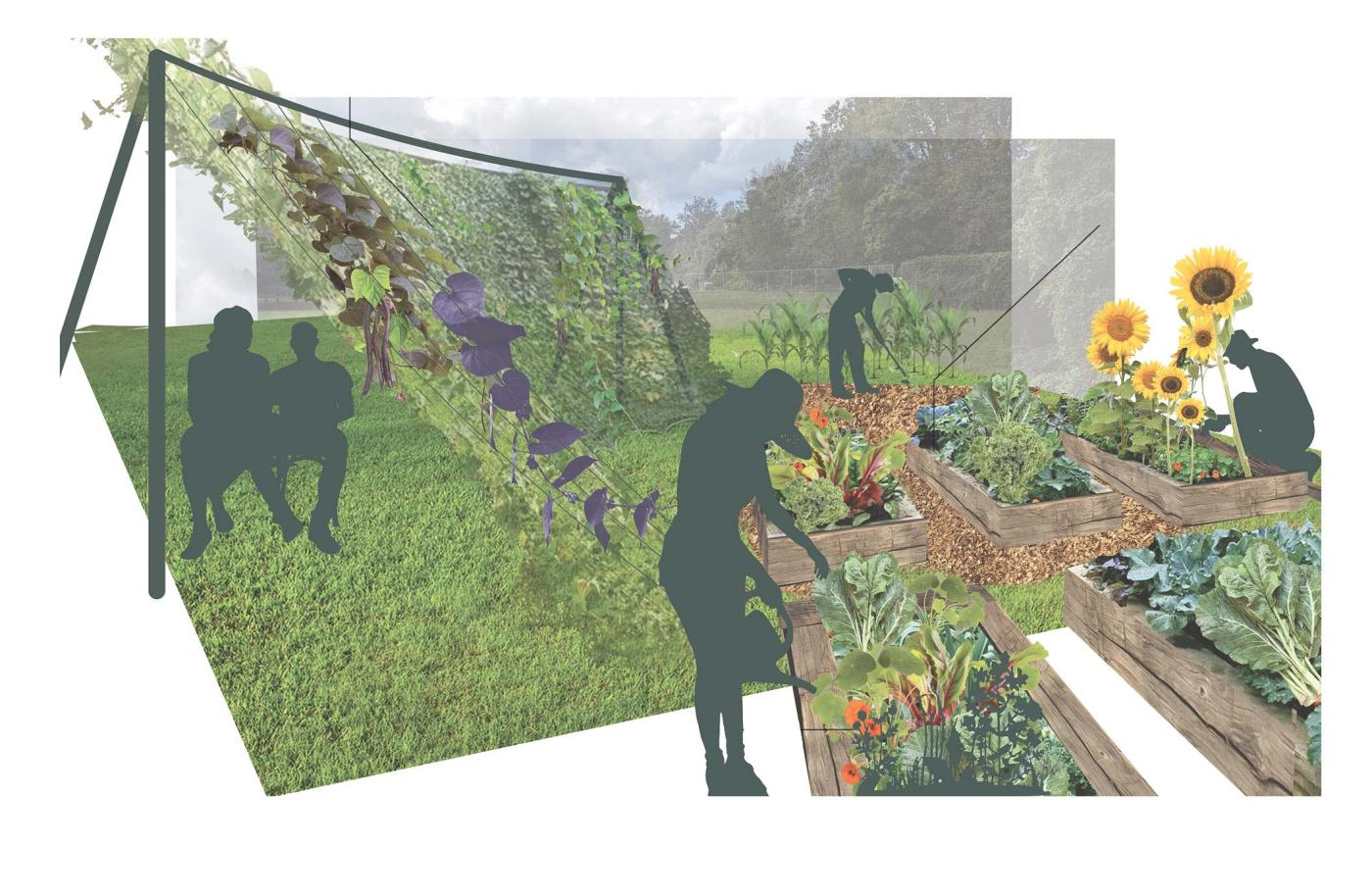
Over the past three years, the fluctuation of grocery prices — rising, sinking, evening out, and rising again — have limited accessibility and affordability of the basic needs of food and nutrition for many across the country. In 2022, grocery costs increased at an almost unprecedented rate, rising 11.4% from the previous year and marking the largest annual increase in food prices since the 1980s.* In 2020, we saw COVID decimate food supply chains, followed by inflation, higher transportation costs, global conflicts, and climate events — all of which have kept food costs escalating since then, at rates that far surpasses typical yearly increases.
FOOD INSECURITY AT THE SCHOOL OF ARCHITECTURE
For college students, who are also facing rising costs of higher education, inflated food costs have, not surprisingly, also led to greater food insecurity. Food insecurity, defined by the U.S. Department of Agriculture as “access to food is limited by a lack of money and other resources,” is a growing challenge college students face, requiring students to choose between academic costs and basic human needs. In the face of food insecurity, students with limited income are more vulnerable to taking leaves of absence, withdrawing from the university, or taking on larger workloads to generate income to meet their basic needs.
In alignment with the School of Architecture’s priority to make the School accessible and affordable, the Office of Student Affairs has launched a series of initiatives to address food insecurity “at home.” At the start of the fall 2023 semester, the School of Architecture opened its first-ever food pantry in Campbell Hall to support students who experience food insecurity. With a goal to improve student experience by offering supplemental food, the School of Architecture satellite pantry operates as a formal partner with the UVA Community Food Pantry, a network of resources across Grounds.
In the two and a half months since its opening, the pantry has supplied students with over 650 units of food, addressing an unmet student need. The Student Affairs team also conducted the U.S.D.A. Adult Food Security Survey this semester to learn more about how food insecurity impacts the School of Architecture community. Survey results revealed that nearly 50 A-School students experience food insecurity with first-generation college students, and graduate and PhD students, as particularly vulnerable populations. With the newly launched food pantry as an important first step, the School of Architecture plans to continue to develop initiatives to support students experiencing food insecurity.
“Students should never have to choose between eating and an education,” said the School of Architecture’s Associate Dean of Student Affairs Cindy Kiefer, who also serves on the UVA Food Insecurity Resource Group, led by UVA Student Affairs. “We will continue to explore additional opportunities to support our students and to reduce the financial burden of meeting basic needs so that our students can focus on the full A-School and UVA experiences."
FOOD EQUITY IN CHARLOTTESVILLE AND URBAN AGRICULTURE AT BOOKER T. WASHINGTON PARK
The statement, “Food is a human right” leads the project brief developed by Associate Professor CL Bohannon and Lecturer Rebecca Hinch, who are co-teaching the graduate landscape architecture 7010 design studio this semester. For the first exercise of the studio, School of Architecture students and faculty partnered with Cultivate Charlottesville, a local organization that engages with community members to build a healthy and just food system, to generate design ideas and illustrate the potential for an urban agriculture community space at Booker T. Washington Park. Part of the Cultivate Charlottesville Food Equity Initiative Program’s “Power to Grow” campaign, landscape architecture students spent two and half weeks working in pairs to design proposals for a ~10,000 square-foot community garden and agriculture hub.
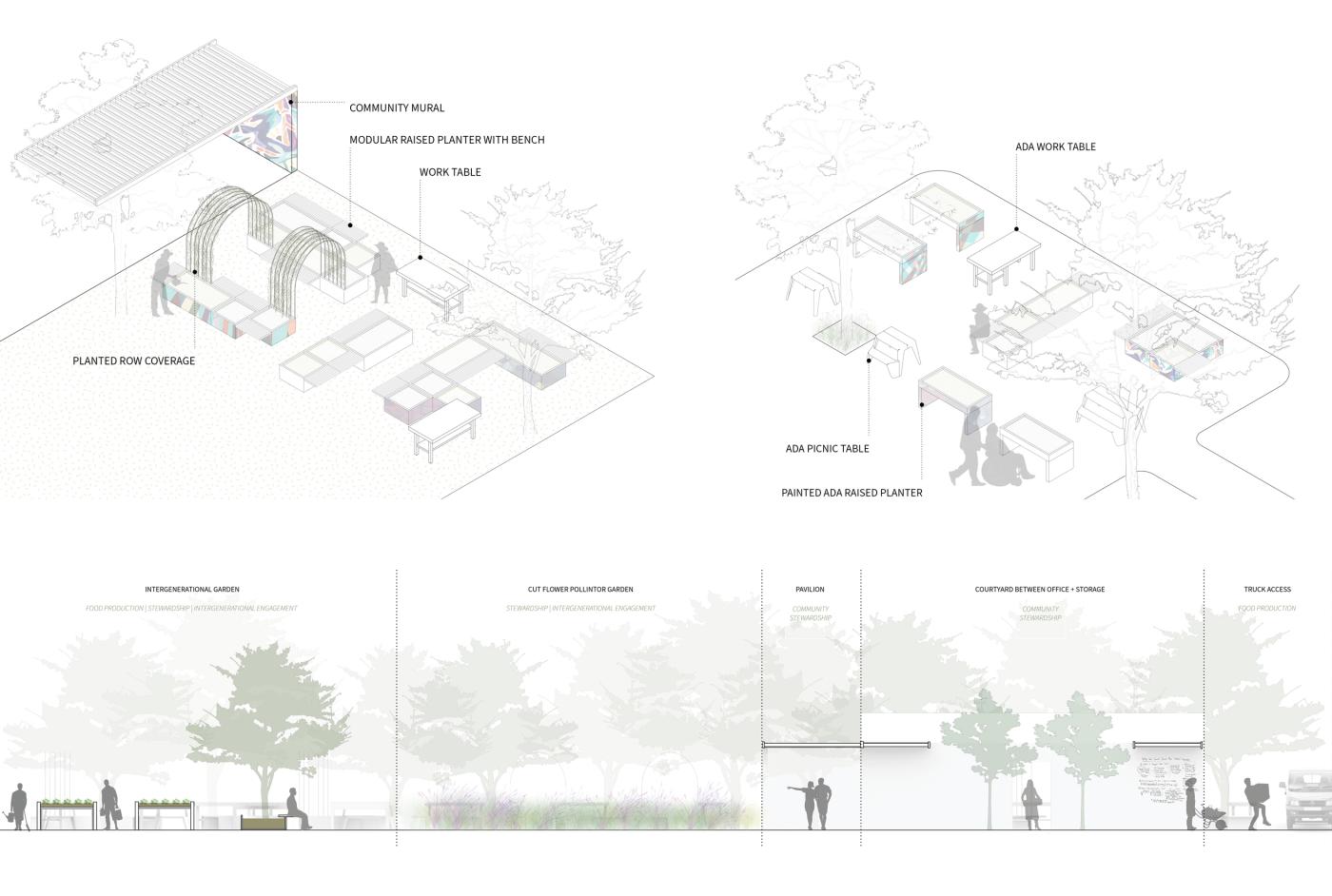
Working with community members throughout the design process, students were introduced to community engagement and participatory planning techniques as tools to meet conceptual and functional objectives as part of a design process. This process proved to resonate deeply — “This opportunity taught me about the importance of letting engagement conversations happen naturally. It’s important to be prepared with questions, but genuine connection and learning happen when the conversation is fluid and natural, building trust and respect,” said Samantha Hubbard (MLA ’25). “It’s our job to listen to the community’s needs and serve them, and it’s hard to do that if you come into the process with preconceived ideas or desired outcomes.”
Researching the history and existing conditions of Booker T. Washington Park, which has both a complicated history and a legacy as a thriving hub of the African American community in Charlottesville, students then combined archival findings with what they learned from interactive workshops with Cultivate Charlottesville and neighborhood residents, for their proposals. Creating a communal and social gathering space, in addition to the park's capacity to positively impact local food access and health, played an important role. For example, Anson Tse (MLA ‘24), along with project partner Julia MacNelly (MLA ‘25), proposed “an intergenerational production garden where community members can grow their own food and create art installations to foster belongingness.” Their design was grounded in engaged practice as Tse went on to describe, “We [aim to] acknowledge and trust local wisdom and [individuals’] inherent culture, to ensure our knowledge and power in supporting them [comes] from a bottom-up approach.”
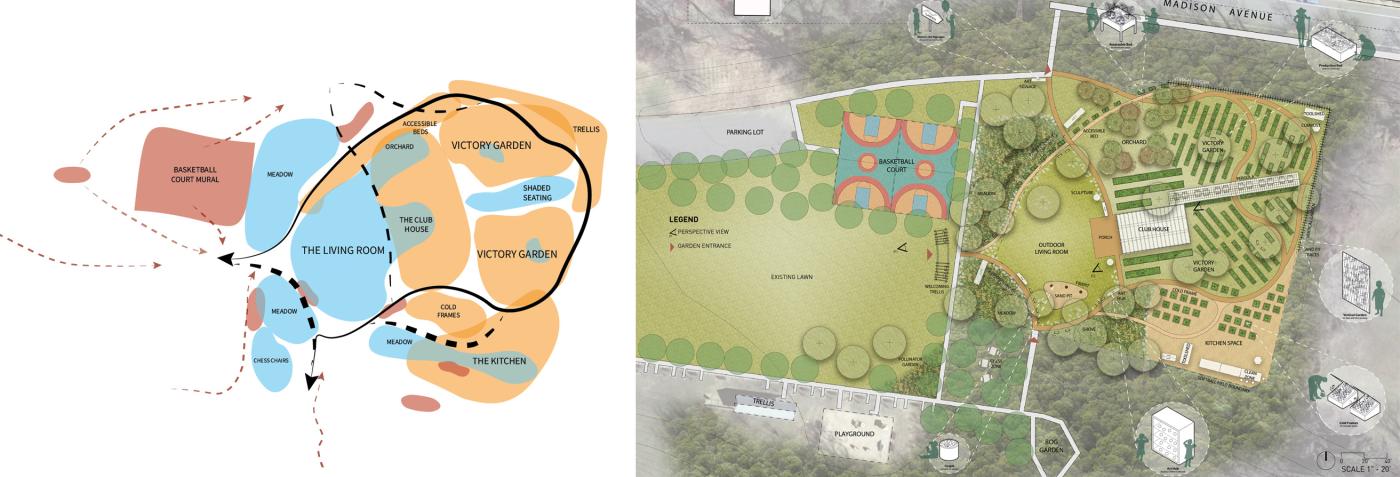
At a City Council hearing in late September, Cultivate Charlottesville presented the designs to illustrate the feasibility of the project to local officials. Cultivate Charlottesville Co-Executive Director Aleen Cary explained, “All of the produce that we grow goes to neighbors who are experiencing food insecurity living in public or subsidized housing [through] our community market days.” The proof-of-concept proposal received resounding support with next steps to include the development of a strategic plan completed by The Charlottesville Parks and Recreation Department, anticipated by early 2025.
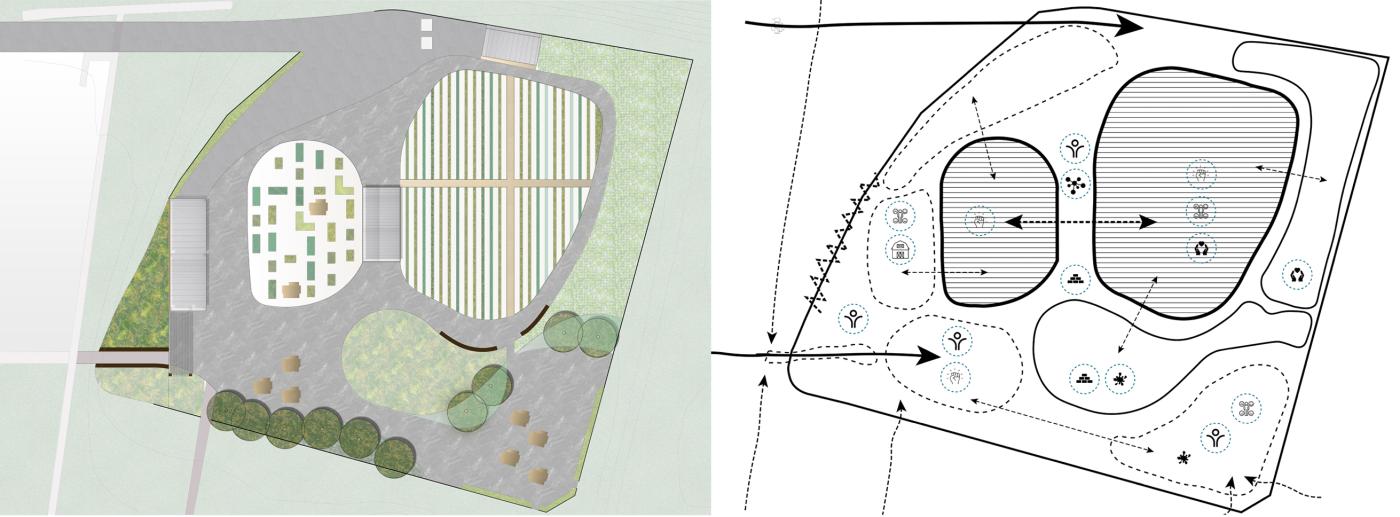
School of Architecture students will continue to partner with Cultivate Charlottesville, particularly through Bohannon’s service as board secretary for the organization. Food insecurity is just one of the “uneven geographies” that bring service to center of the classroom and studio experience. The process enhances learning, as noted by Madhura Vaze (MLA ‘24) who said, “I appreciated the process of community engagement in design, which allowed me to realize what is in the minds of community members to [address] the conditions of food injustice.”
With 17% of families in Charlottesville experiencing food insecurity, Bohannon shared, “[This project] can impact generations in terms of healthy eating…It was a no-brainer for us…to help address the needs of residents.”
* U.S. Department of Agriculture, Economic Research Service. Summary Findings, Food Price Outlook, 2023 and 2024, last updated November 23, 2023.
Additional resources: O. Thoelke, Why College Students Face Hunger, August 20, 2023.
Cultivate Charlottesville’s Power to Grow Campaign
E. Scandura, Architecture graduate students collaborate on Booker T. Washington Park project, October 17, 2023.

